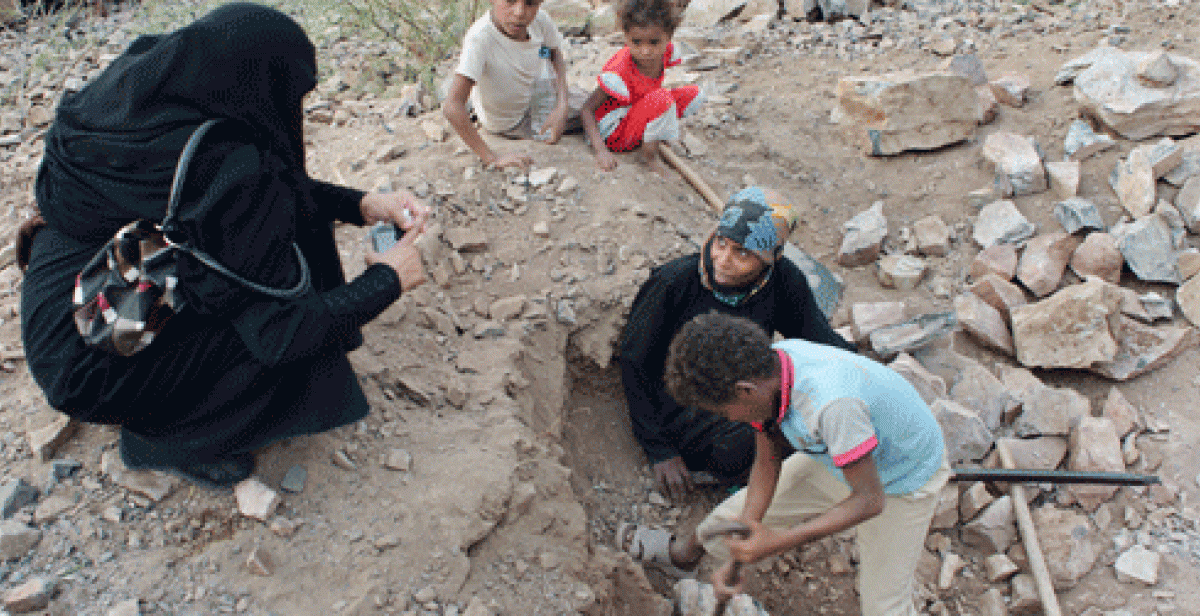As delegates gather in New York for the 58th UN Commission on the Status of Women (CSW), international development charity Progressio is addressing an often forgotten factor – faith.
Progressio’s Policy Officer, Lizzette Robleto believes that faith has everything to do with development, and that’s the message she’s taking to the negotiations for the post-2015 development goals.
“Faith directly influences the way people behave towards women. It can’t be separated out from other aspects of life, including politics and development. Religion shapes and influences societal values, and so religious and faith leaders are in positions of considerable power. Separating religion and development is unproductive and unrealistic,” she argues.
A recent report issued by Progressio, a Catholic charity working with people of all faiths and none, argues that supporting faith communities is essential to address key development challenges such as equal access to health and education for women and girls. The report also indicates that this is particularly important in fragile states where the Millennium Development Goals are yet to be met.
In Yemen, a successful example of working with faith leaders is Progressio’s work with the Half of Society project tackling the root causes of inequality and exclusion of women. The project advocates for women’s rights among broad sectors of society targeting some 25,000 women in two districts.
Latifah Mqbole, a ‘women’s champion’ specialising in community outreach in Al-Marawa district explains: “I’ve been following these steps. First, educate women and men about women’s rights. Second, research the issues where women suffer from discrimination. Third, raise the issues. Discuss them with women and men, Imams, the Sheikh of the neighbourhood, local administration in the district, in workshops and in open talk. In this way we’re finding solutions for issues like early marriage, education, and health (particularly reproductive health). I’ve been able to get the voice of rural women to decision-makers and let many people know about the issues of violence and discrimination that women are struggling with. I feel like I’ve achieved a lot.”
At an event at the CSW in New York on Thursday 13th March, Progressio staff will facilitate a debate about the transformative role religion can play in changing behaviour and stereotypes and asking to what extent faith leaders can be a catalyst for change.
“We need to change the negative attitudes towards women that they are not only wives, mothers or sisters, but also partners in the development process,” says Hanan Omar, Head of the Half of Society NGO. “Islamic Sharia ensured all civil rights for women but customs and traditions prevented enjoyment of those rights. So we need to enforce laws and legislation guaranteeing both men and women’s rights together.”
Notes to Editors:
1. Progressio is an international development charity supporting poor and marginalised people, especially women, to empower themselves.
2. Progressio is represented at the UN Commission on the Status of Women 58 (CSW 58) by Lizzette Robleto Gonzalez, Fatima Haase and Marie-Luise Scheuller. Please contact Esther@progressio.org.uk should you wish to arrange a meeting or an interview with one of our representatives.
3. For more information on Progressio’s position regarding the role of faith communities in development please see p2 of the briefing paper: ‘Women and Fragile States: Empowered women must be active participants in decision-making: Progressio policy briefing for the post-2015 discussions.’
4. For full details of Progressio’s policy position and background to the Unbreakable campaign at the CSW 58, please see the briefing paper: ‘Women and Fragile States: Why women’s voices must be heard: Progressio’s position at the 58th meeting of the Commission on the Status of Women, New York, March 2014’
Photo: Latifah Mqbole, who champions women's right in the community, talks to Sayeeda’a Hassan while she is cutting stones from the mountain in Wager village Maraweah distract, Hodeidah, Yemen (© Amira Al-Sharif/Progressio 2014)



